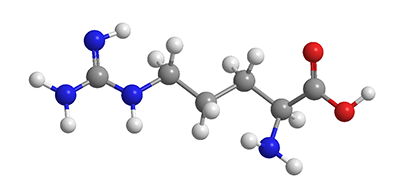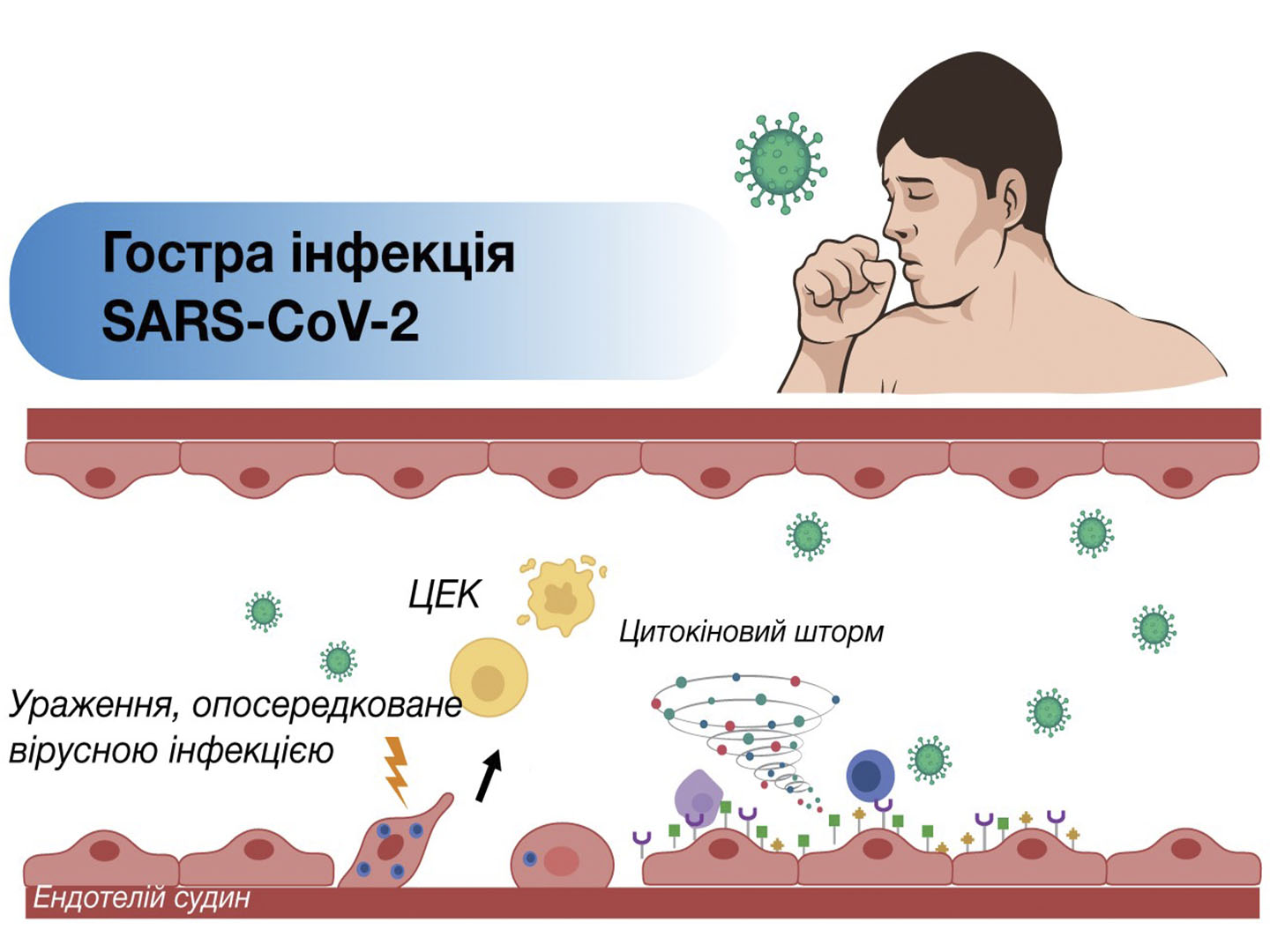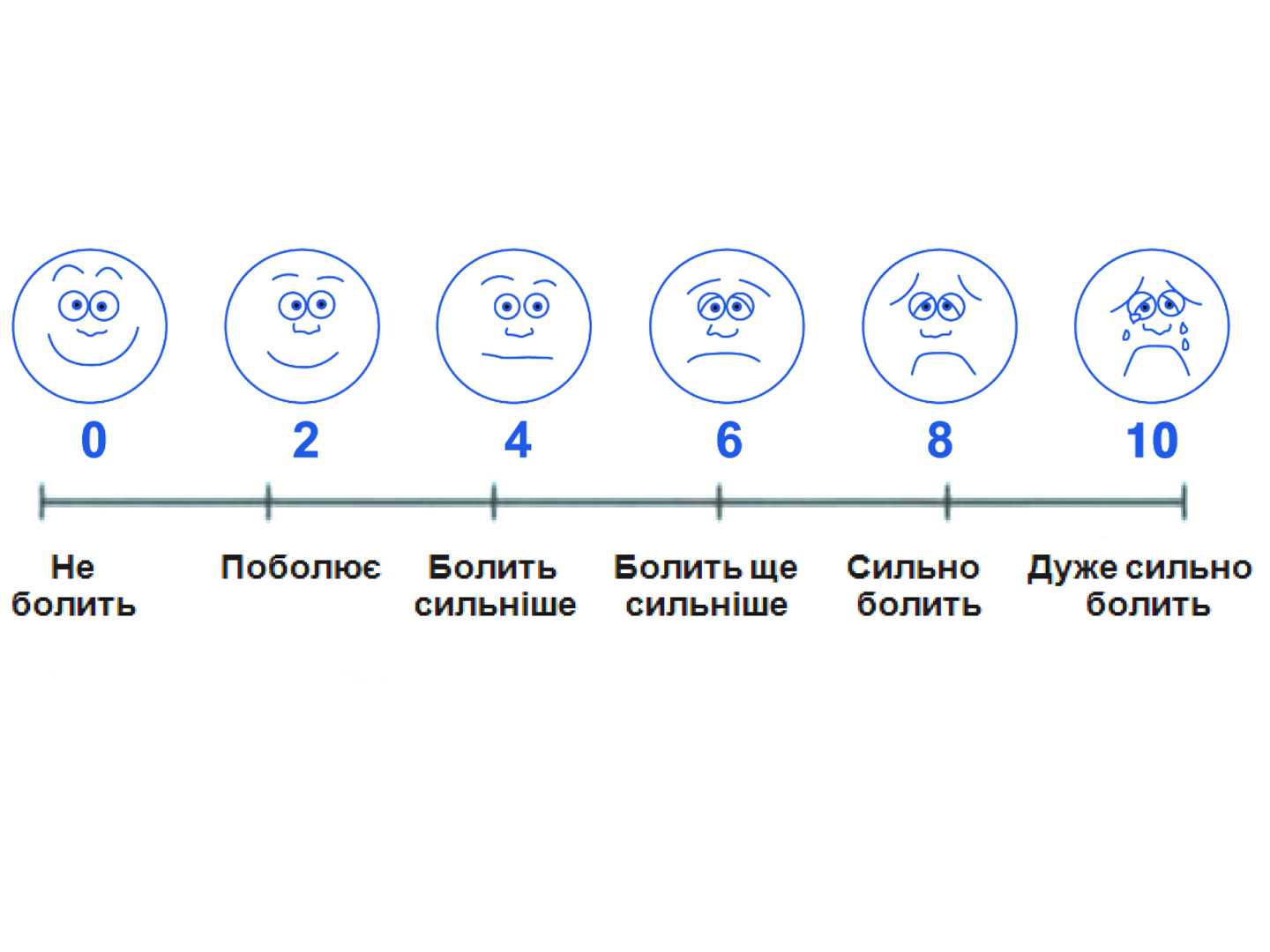L-arginine in norm and pathology

Abstract. L-arginine is a conditionally essential amino acid, which is the cellular regulator of many vital functions of the body. He is involved in the regulation of the tone of the smooth muscle component of the blood vessels wall, bronchi, and intestines. L-arginine is a substrate for the nitric oxide synthase (NOS), which produces nitric oxide (NO). NO, produced in the vascular endothelium of endothelial NOS, is responsible for the relaxation of smooth muscles and is necessary to lower blood pressure. L-arginine has a high functional priority in the production of NO and, therefore, in the physiology of the cardiovascular and cerebrovascular systems. L-arginine can reduce obesity, lower blood pressure, suppress oxidative processes and normalize endothelial dysfunction, contributing to remission in type 2 diabetes. L-arginine is also used by cells of the immune system, can reduce the level of infection, especially in case of impaired immune function. L-arginine slows down aging, inhibits platelet aggregation, and regulates multiple metabolic pathways associated with the metabolism of fatty acids, glucose, amino acids and proteins. Therefore, one should take into account the great therapeutic potential of L-arginine and continue to study the possibilities of its use as a promising drug against the progression of vascular dysfunction associated with aging, diabetes and cardiovascular diseases.
Keywords: L-arginine, nitric oxide, diabetes, cardiovascular system, obesity, cerebrovascular system, immune system, platelet aggregation.



